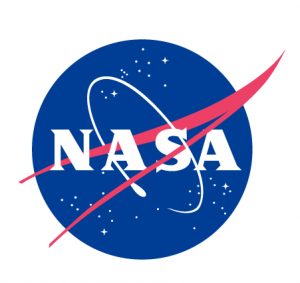Brief
NASA Science Mission Directorate Diversity Resources
Connected Science Learning March 2016 (Volume 1, Issue 1)
By Bonnie Meinke and Nancy Ali
NASA’s Science Mission Directorate (SMD) explores the Earth, the Sun, our solar system, the galaxy and beyond through four SMD divisions: Earth Science, Heliophysics, Planetary Science and Astrophysics. Alongside NASA scientists, teams of education and public outreach (EPO) specialists develop and implement programs and resources that are designed to inspire and educate students, teachers, and the public about NASA science.

For the past six years, NASA’s SMD EPO “Forums” have coordinated and supported the overall EPO efforts for each of the four Science Mission Directorates. As part of this effort, the Forums have created a series of web pages that consolidate resources to help science education professionals increase their capacity for success in working with underserved and under-represented audiences. These resources include research references, literature, links to diversity-related projects, and archived videos of panel discussions. In addition to general resources, there are individual web pages that focus on specific audiences, such as Hispanic/Latino, African American, Native American, girls and women, rural, urban, socioeconomically-challenged, special needs, and LGBTQ.
These resources were contributed by NASA SMD EPO community members who have experience working with diverse audiences, as well as from experts who shared best practices at Forum-sponsored professional development workshops, panel discussions, and retreats.

Some of the lessons learned and best practices conveyed through these resources are:
- It is important to recognize that there are many different definitions of “diversity.”
- There are no “one-size-fits-all” strategies for engaging underserved audiences.
- Facilitating connections and building networks are especially important for working with diverse audiences.
- Successful, self-sustaining programs tend to engage the underserved audience by building relationships within the targeted community and creating authentic experiences that are meaningful to that specific audience.
- There is a need for expertise within the SMD EPO community to be shared among other science education practitioners.
- Science education professionals can benefit from having a safe space to discuss the tough issues related to diversity.
The NASA SMD EPO Cross-Forum Diversity Team was led by the Multiverse group at the University of California, Berkeley’s Space Sciences Lab, in collaboration with the Space Telescope Science Institute, the Lunar and Planetary Institute, and the Institute for Global and Environmental Strategies.
Acknowledgment
The Cross-Forum diversity professional development work was funded by the NASA Cooperative Agreement #NNX09AQ12.
Bonnie Meinke (meinke@stsci.edu) is an outreach astronomer at the Space Telescope Science Institute in Baltimore, Maryland. Nancy Ali (nancy.ali@ssl.berkeley.edu) is coordinator of public programs at Multiverse, University of California, Berkeley, Space Sciences Lab in Berkeley, California.
Equity STEM Informal Education


